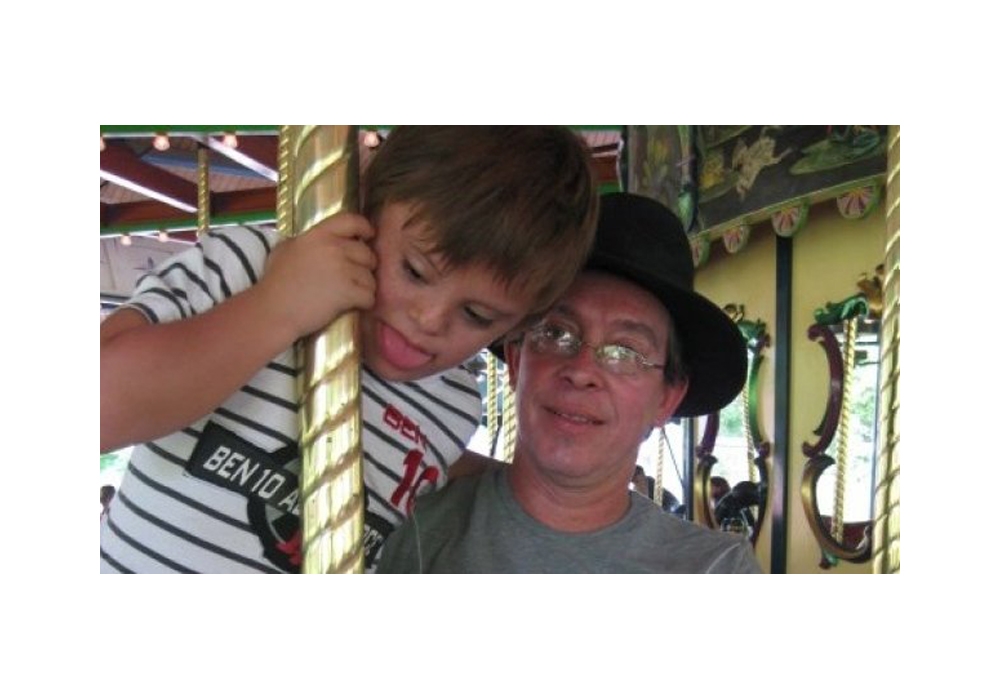Alex Kvaskov, Assistant News Editor
Featured image courtesy of Change.org
A York professor is leaving Toronto because his son with Down syndrome is allegedly too much of a burden on taxpayers.
Phillip (Felipe) Montoya moved to Canada three years ago to teach in the Faculty of Environmental Studies, according to CBC. Since then, the family has been trying to obtain permanent residency.
However, their request has been denied by immigration officials because Montoya’s 13-year-old son, Nicolas, has Down syndrome and was declared inadmissible by Citizenship and Immigration Canada as a result.
Not everyone is convinced Nicolas would be a burden.
Marcia H. Rioux, a research professor in the School of Health Policy and Management, says there is no cost for the medical care of people with Down syndrome.
“Well, I guess if the individual gets the flu or measles they would have to be treated like anyone else, but other than that it is a myth that there is some huge medical cost attached,” she says.
“The idea that there is a cost is a legacy from the era of disability as a medical condition rather than a condition that is the result of social, political, and environmental barriers which disable a person,” she adds.
“If you use a wheelchair and you come upon a set of stairs you are disabled by the stairs, not your mobility impairment.”
York is now advocating with the federal government in support of Montoya.
Rhonda Lenton, vice-president academic and provost, says Montoya is important to York’s research and student experiences.
“His efforts are critical to our Las Nubes eco-campus in Costa Rica, in which we are working with local Costa Rican communities to protect biodiversity in the rainforest and rural well being,” she says.
“We support Felipe absolutely and will do everything we can to prevent him from having to leave York,” she adds.
The family has 60 days to respond at which point a decision will be made by immigration authorities. If the decision is negative, Montoya and his family will appeal.
They feel that a negative decision would be discriminatory because Down syndrome is not an illness, but a genetic difference.
Montoya and his supporters at York are asking people to write letters to their MPs to request a review of Section 38 of the Immigration and Refugee Protection Act for discriminatory content against persons with disabilities.
A petition is circulating, calling on Monte Kwinter, MPP for York Centre and John McCallum, the minister of Immigration, Refugees and Citizenship to change immigration laws from discriminating against individuals with Down syndrome.
Kenneth Lam, assistant professor in the School of Health Policy & Management, says this is fundamentally a federalism and separation of powers issue seeing that immigration is a federal jurisdiction, while health care is a provincial responsibility.
“In theory, the statement whereby ‘a foreign national is inadmissible on health grounds if their health condition might reasonably be expected to cause excessive demand on health or social services’ is embedded in the [Immigration and Refugee Protection Act] to deter extreme cases whereby a single individual intends to obtain permanent residency (and subsequently citizenship) in Canada for the goal of obtaining ‘free’ health care services for multiple immediate family members who are considered to be high users of health care services,” he says.
“In practice, however, none of the cases cited in the CBC article can be considered as examples of the aforementioned statement in the [Immigration and Refugee Protection Act] because the intention of these families clearly are not meant to extract ‘free’ health care from Canada seeing that they have respected and stable jobs in the country, and that they intend to contribute to Canada for the long-run going forward,” says Lam.
Lam says it is difficult to come up with a binary yes or no answer whether or not the rejections of permanent residency are fair or a form of discrimination, considering that both sides of the argument can make a compelling case.
“In terms of burden on the taxpayers, keep in mind that depending on the severity the medical condition, there are also social welfare costs (if the person cannot work) that need to be taken into account,” he adds.
Montoya was unable to comment on the story.
With files from Kanchi Uttamchandani and Vishwaveda Joshi
Like us on Facebook, @excalweb




